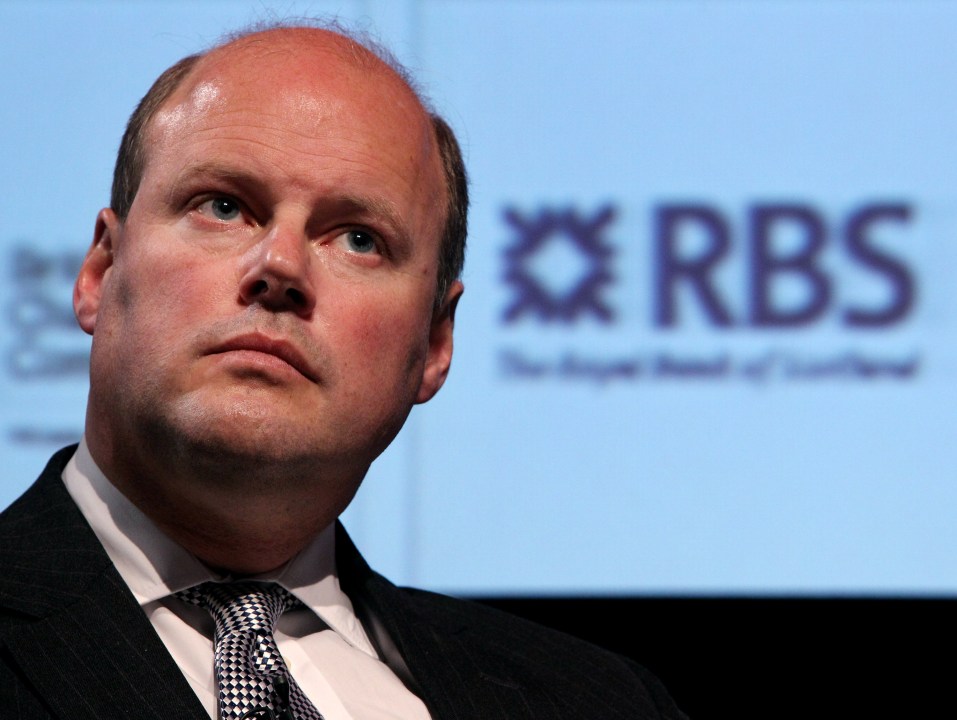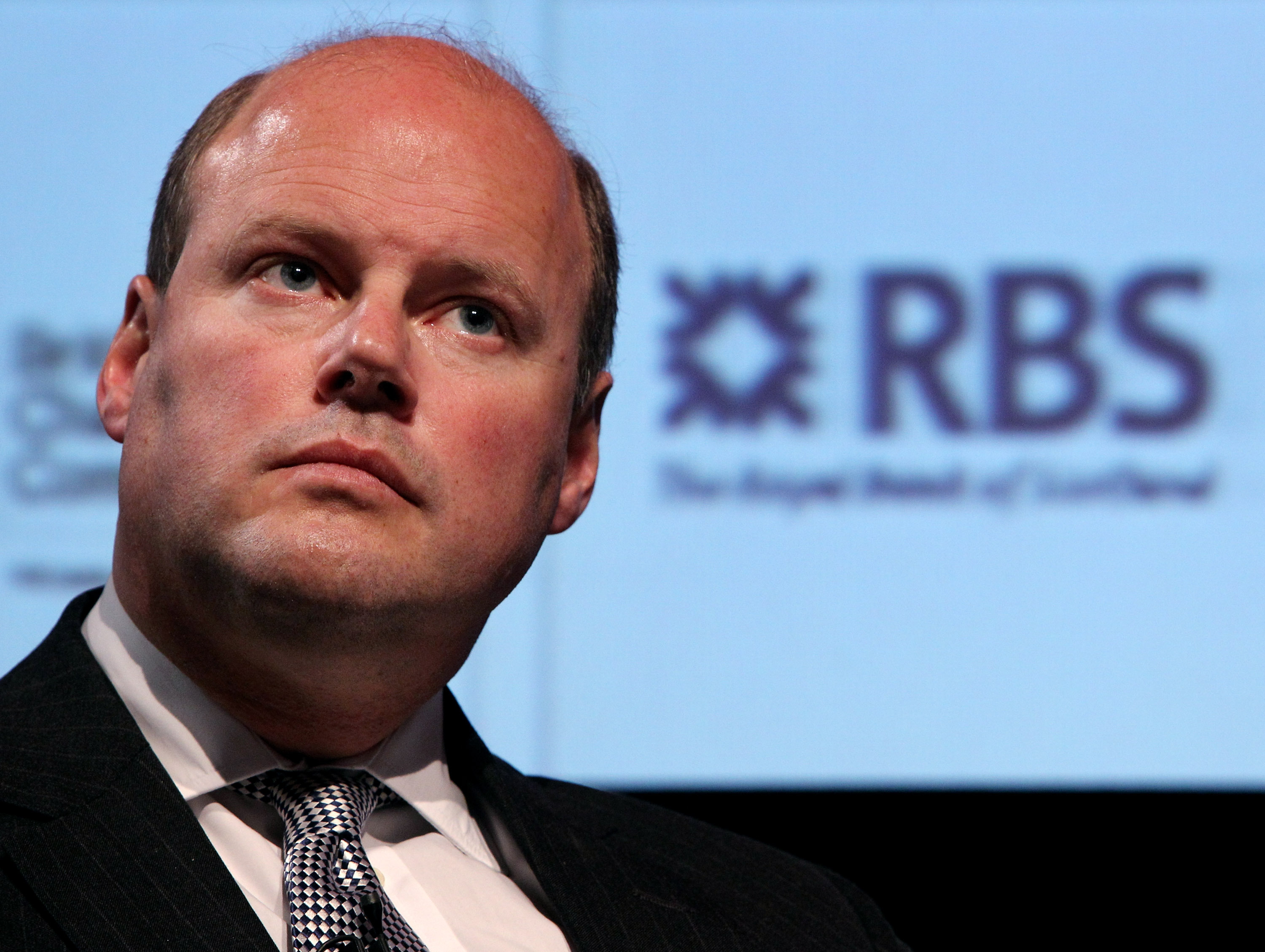First there was Fred Goodwin, now there’s Stephen Hester. The chief executive of RBS is fast becoming the bête noire of the British banking system, thanks to his roughly £1 million share bonus which, we learn in the Sunday Times (£) this morning, may be topped up with an extra £8 million over the next few years. Little wonder that Iain Duncan Smith admitted on the Marr show earlier that there may be a severe public backlash, and that the government could suffer from it. He suggested that it would be better, for all concerned, were Hester just to forego the million.
It’s one of those debates where it’s easy to see and understand both sides of the argument. On the one hand, the government can’t see RBS sunk, not least because it wants a return for taxpayers, so it has to be careful about retaining and attracting the best possible staff — so that means competitive wages. This was the point that Danny Alexander made on the Sunday Politics just now, saying that a stronger political intervention over Hester’s bonus would have been worse for the taxpayer in the long run. But, on the other hand, it’s morally questionable that a state-owned entity, that had to be rescued from outright collapse, should still be paying out the big bucks, with hefty bonuses on top of hefty salaries.
I veer more towards the second argument myself, for many of the reasons given by our former editor Matthew d’Ancona in his Sunday Telegraph column this morning. As Matt puts it, ‘Whatever it says on his contract, Hester is there as a public servant, with a public mission that should be governed by a public-spirited ethos.’
Obviously, a balance needs to be struck between the two competing concerns — but that was never properly struck by the last government when it first took over RBS and signed many of its contracts into being, and it seems that the current government has’t done enough to recify that since. And so David Cameron is left in a position where his rhetoric is far outstripped by the reality. The PM talks about cracking down on excessive and offensive bonuses, but he is basically left hoping that Hester himself declines the rewards being offered to him.
This, in fact, is a feature of much of the coalition’s policy around high pay and bonuses: we cannot be sure whether it will have any effect. It was telling that when Vince Cable launched the government’s plans for curbing excessive executive pay, in the Commons last week, he emphasised that, ‘Lasting reform depends on more active shareholders and responsible businesses doing more to push the agenda forward.’ He admitted afterwards that top salaries may not fall, after all.
So will Hester make the government’s life easier, or won’t he? He’s under no legal obligation to do so, that’s for certain, and there are no signs, so far, that he will. But there is now a precedent: we discovered last night that the chairman of RBS, Philip Hampton, waived his share bonus of £1.4 million. If Hester — along with other bankers at RBS who could be in line for more — doesn’t do likewise, then the political implications could be immense.







Comments